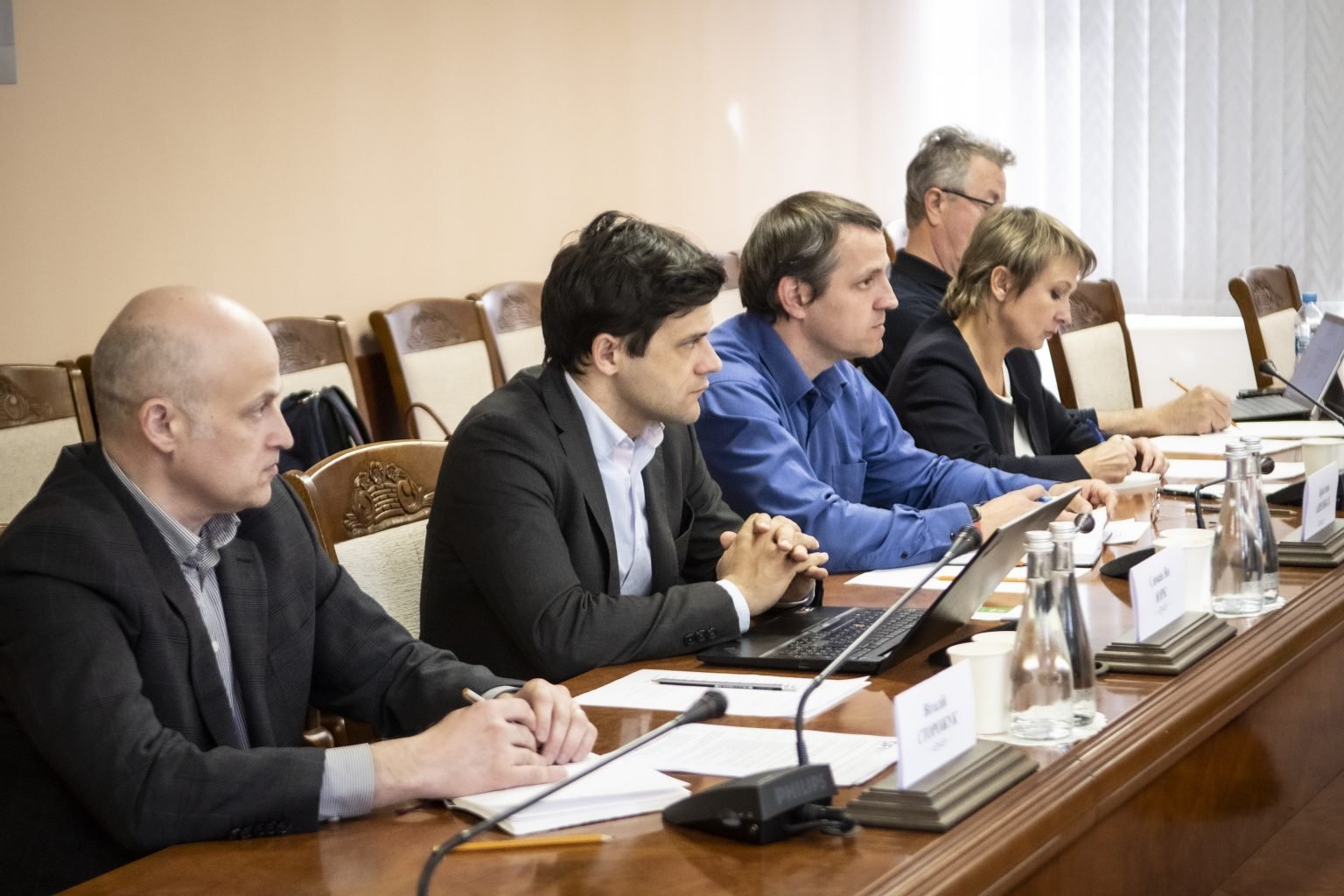Ukrainian forests are going through difficult times. On the one hand, there are the devastating consequences of Russian aggression: fires from shelling, mined areas, and destroyed ecosystems. On the other hand, there is an urgent need for profound reforms to ensure sustainable management, combat illegal logging, and integrate with European standards. In the face of these unprecedented challenges, the support of international partners is crucial. Germany, one of Ukraine’s key environmental allies, is launching a new phase of cooperation aimed at healing and sustainable development of Ukrainian forests.
Despite the war, Ukraine continues to implement forestry reforms aimed at improving management efficiency, making the timber market more transparent and introducing modern approaches to forest management. However, the widespread destruction caused by the armed aggression poses unprecedented challenges to the industry. One fifth of the country’s forestry fund is currently inaccessible: about 800,000 hectares are under occupation, another 100,000 hectares are in the active combat zone, and almost half a million hectares need urgent demining. As a result of the hostilities, tens of thousands of hectares of forest were destroyed by explosions and fire.
In such circumstances, international support is of particular importance. The partnership with Germany, which was launched in 2017 as part of the German-Ukrainian Agricultural Policy Dialogue, is reaching a new level of strategic cooperation. Two important events have recently taken place, marking the beginning of a new phase of joint work for the next three years. First, the Ministry of Environmental Protection and Natural Resources of Ukraine hosted a working meeting with representatives of the GFA Consulting Group’s forestry programme and the project ‘Promotion of multifunctional sustainable forest management planning and implementation in Ukraine’ (SFI). Later, the first meeting of the Project Steering Group took place, during which the parties agreed on further steps of cooperation.
The participants discussed the main challenges facing the Ukrainian forest industry and agreed on priorities for further work. The Ukrainian side was represented by Deputy Minister of Environmental Protection and Natural Resources Oleksandr Semenets and Head of the State Forest Resources Agency of Ukraine Viktor Smal. The German side was represented by GFA Forest Programme Manager Christian Aschenbach, IAK Agrar Consulting International Consulting Team Leader Siman Jurk and SFI Project Manager Volker Sasse.
“In recent years, Ukrainian-German cooperation has laid a strong foundation for qualitative changes in the forestry sector – from the creation of a national forest inventory system to the development of new management standards. Today, when our forests are on the frontline of the war – destroyed, mined, inaccessible – such international support is not just valuable, it is critically necessary. The new phase of the SFI project will allow us to move forward: harmonise legislation with European standards, expand the volume and quality of forest data, and introduce modern, nature-based approaches to forest management,” said Oleksandr Semenets, Deputy Minister of Environmental Protection and Natural Resources of Ukraine.
Today, Ukraine faces the challenge of not only reforming its forestry sector, but also bringing it to a qualitatively new level. One of the main directions of this movement is the implementation of European Union legislation. In particular, it is about preparing for the implementation of the EU Deforestation Regulation (UDR). This document requires clear mechanisms for tracing the origin of timber, ensuring transparency of its movement and strict compliance with the principles of sustainable forest management.
However, regulatory changes are only one part of a large transformation. It is equally important to have a complete picture of what is happening to the forests. That is why further development of the national inventory and continuous monitoring system is a priority. Reliable, regularly updated data will not only be the basis for making informed management decisions, but also the foundation for restoring and developing the country’s forest potential in the post-war period.
In parallel, another strategic change is taking place – the transition to methods of close to nature forestry. This is not only a modern trend, but also a necessity: preserving biodiversity, avoiding clear-cutting in sensitive ecosystems, maintaining water balance, and restoring the natural resilience of forests. The essence of the new philosophy is a multifunctional approach to forests: when the ecological, social and cultural functions of forest ecosystems are taken into account alongside their economic value.
All of these strategic priorities will form the basis of the new phase of the SFI project, which will contribute to their practical implementation. In particular, the project will support forest policy reform, adaptation of national legislation to EU standards, implementation of the National Forest Inventory, and transition to natural forestry methods. A special emphasis will be placed on training and exchange of experience with German colleagues. The project will include the preparation of methodological guides, assistance in creating an effective organisational model for the forestry sector, study tours of Ukrainian specialists to European countries, and the development of regulations on remote sensing inventories of forests and the implementation of EU directives.
Deepening the Ukrainian-German partnership in the forestry sector is an important step towards overcoming the consequences of the war and building a modern, sustainable and transparent European-style forestry in Ukraine.
Ministry of of Environmental Protection and Natural Resources of Ukraine

